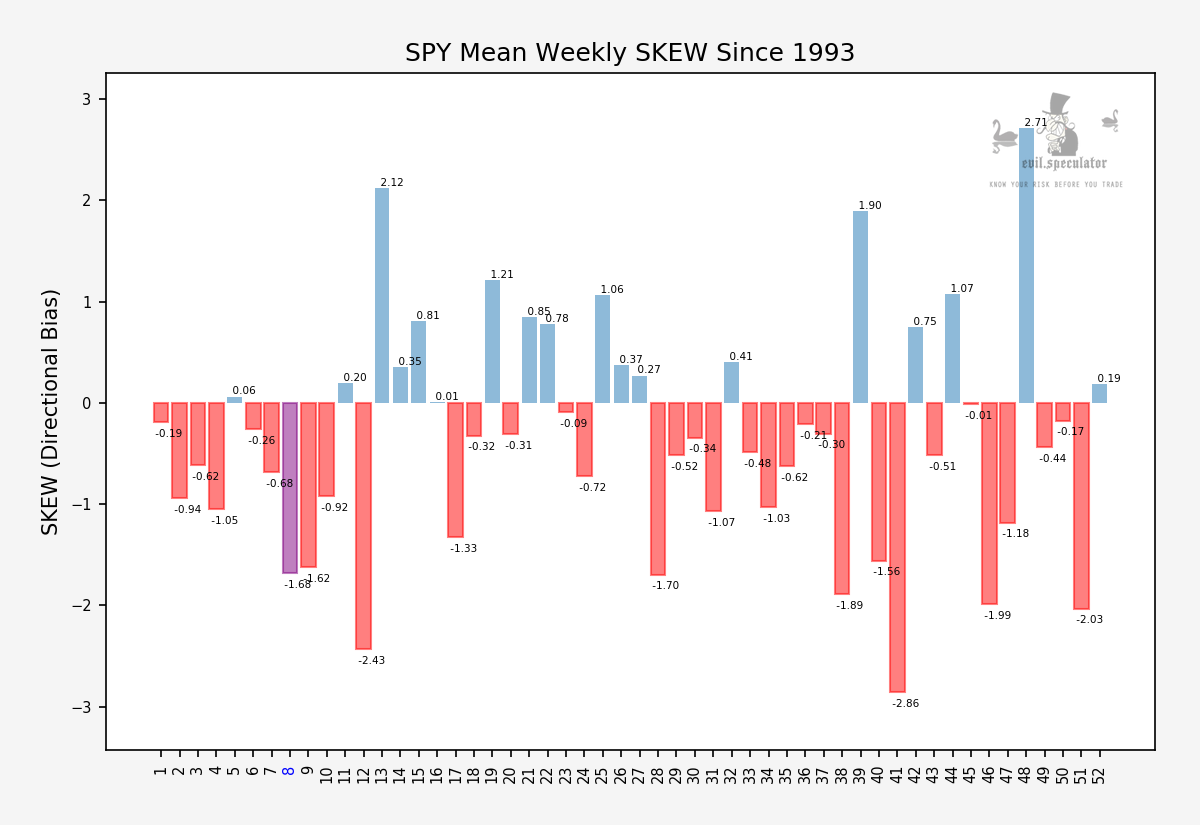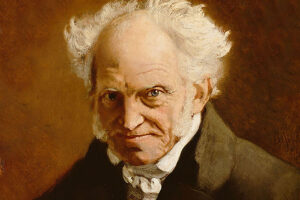Practice Makes Perfect
Practice Makes Perfect
Let me go on a limb here and flat out state that most of what you have ever learned about being a trader has been completely wrong and may actually be counter productive to you being successful. There I said it. An entire industry geared toward selling you expensive trading books and weekend seminars in exotic locations in essence has but one goal in mind: To separate hapless retail fools from their hard earned money. And a profitable business it is with a never ending line of suckers standing ready to take their turn. There is never a lack of people looking for easy solutions to complex challenges, which is an affliction which obviously extends far outside the trading domain.
Two Aspects Of Trading
All the things you learn from books or perhaps a weekend seminar (if you pick a good one) can essentially be summarized into the quantitative aspects of trading. This obviously covers a myriad of topics ranging from basic technical analysis, theories on market cycles, fundamental trading techniques, market related education (i.e. books on options, futures, forex trading, etc.), capital commitment guidelines (e.g. position sizing or delta neutrality), system trading rules, all the way to the simple mechanics of how to place and exit a trade. You can’t be a trader without knowing at least some of that stuff just like you can’t pass your driving test if you don’t know where to find the clutch. Well at least over here in Europe.
What all these have in common is that they are inherently teachable. No matter who you are, if you study them long enough you will be able to acquire the skill and apply it. However that still does not make you a successful trader. What is completely being ignored in the vast majority of trading books is the unteachable stuff – the qualitative aspects of trading. So what are those?
Van Tharp once stated that “successful trading is 40% risk control and 60% self-control. In turn the risk control portion is only half money management and one half market analysis. Thus market analysis is about 20% of successful trading. Yet most traders emphasize market analysis while avoiding self-control and de-emphasizing risk control. To become successful, traders need to invert their priorities.”
Understanding and dealing with one’s most pronounced cognitive biases for example is part of the qualitative aspects of trading (and there are many). Not pulling out of a winning campaign because of a news flash or market rumor you saw on the Interwebs is another. Closing out a losing trade exactly where you originally planned it despite the fact that you fervently believe the tape will soon be moving in your favor is the one that but a few seem to be able to master. I can talk about all these things until the cows come home and thus plant the seed in your mind, but I cannot possibly teach you this stuff. You yourself will have to acquire that the hard way – by doing.
Trading Is An Acquired Ability
Just as you cannot learn how to be play the piano from studying musical notes you simply cannot become a successful trader from reading books or via attending seminars. Sure you can pretend to be one for a while and tell all your friends about it but unless you’ve been able to be profitable three or more years in succession you are nothing but an amateur – maybe a talented one but an amateur nonetheless. So here’s the secret of how to become a successful trader, it’s the magic answer you’ve always been looking for:
The only path to becoming a successful trader is by trading.
And by that I mean trading with real money and doing it the right way over and over and over again. It means keeping a trading log and monitoring your daily performance and mistakes. It also means sharing your results with others and comparing notes whilst remaining open to criticism. Perhaps it involved finding a mentor or at least a trading buddy. And most importantly it means showing up for work every single day without exception, even if you feel like crap about a recent loss. Learning from mistakes and constantly aiming at improving one’s game. That’s what the pros do and they never stop learning and improving. But they don’t do it via books – they do it by doing.
It’s actually a lot easier with the piano or any other musical instrument because as soon as you hit the wrong note or your tempo is off your ears are going to notice (or not but let’s assume a modicum of talent here). As a financial blogger I’ve had the questionable privilege to repeatedly watch people maintain an auto-destruct course for months and years on end with the invariable end result. Which was that they either were forced to stop trading or the market did it for them.
Passion
The one thing I should point out and which became the theme for this post is passion. I think we all have heard the quote that if you do what you truly love then you will never work a day in your life. Do I always want to look at charts or put on trades? Hell no, but if anything my passion about being a trader has only increased in all the years of my pertinent pursuit. What once was but a hobby eventually turned into a profession and if I could go back in time I would not change a single thing. So here’s the second secret to being a trader:
You need to want to be a trader.
If you just do it for the money, like 99% of the people who cut their teeth at it, then given enough practice, determination, and discipline you may indeed become profitable on a long term basis. Many have failed but there is a good number of people who are doing it on the side right now with respectable results. But if you want to be the Glenn Gould of trading, you’ve got to love it. You have to live and breathe being a trader. Embrace the challenge and the pain. It’s got to ooze out of your pores and no effort or sacrifice shall be too much to ask. If that is you then anything is possible. Passion when harnessed and managed by both the quantitative and qualitative aspects of trading has the potential to produce fortunes. And yes of course we all love the money.
And to get you going for the day here’s one juicy setup that’ll put a smile on your face:

It's not too late - learn how to consistently trade without worrying about the news, the clickbait, the daily drama and misinformation. If you are interested in becoming a subscriber then don't waste time and sign up here. The Zero indicator service also offers access to all Gold posts, so you actually get double the bang for your buck.
Please login or subscribe here to see the remainder of this post.
Public Service Announcement
Monday the 5th is Labor Day and as summer is coming to an end I decided to take Friday off and make it a long weekend. So this will be my last post until Tuesday morning. Enjoy the long weekend and I hope to see you back here next week bright eyed, bushy tailed, and ready for action. Practice makes perfect
















